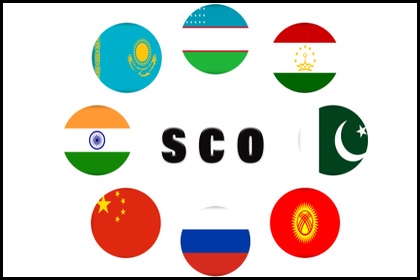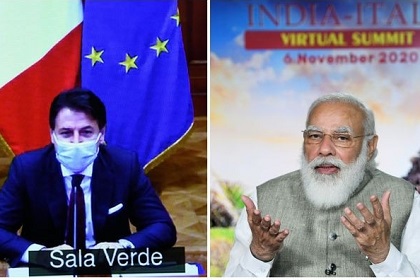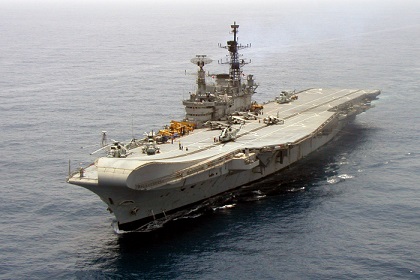Delhi to the Arctic via Paris
India’s pledge to the Paris Agreement gives it the flexibility to confidently place its climate action policies across various multilaterals. Although an observer of the Arctic Council, India can collaborate with the body's upcoming chair, Russia, to alleviate climate change concerns stemming from the Arctic. It is time for India to use its goodwill with the Arctic Council members to develop a national Arctic policy.










